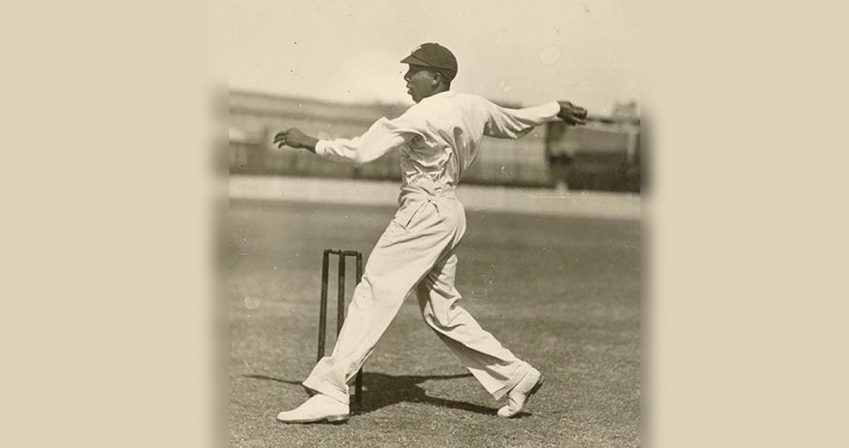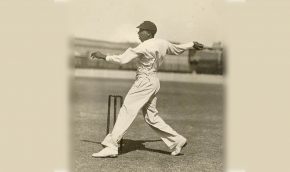Professional Cricketer, Activist, Britain’s first Black Peer and Middle Temple Honorary Bencher
Celebrating Diversity at the Bar
- Introduction
- Diversity Timeline
- Edward Akufo-Addo
- Obafemi Awolowo
- Joyce Bamford-Addo
- Solomon Brandaranaike
- Charlotte Boaitey-Kwarteng
- Joseph Ephraim Casely Hayford
- Eugenia Charles
- S Chelvan
- Thomas Morris Chester
- Learie Constantine
- Edward Cragg Haynes
- Patricia Dangor
- Coomee Rustom Dantra
- Gifty Edila
- Ezlynn Deraniyagala
- Taslim Olawale Elias
- Martin Forde
- Arthur Dion Hanna
- Ma Pwa Hmee
- Alexander Isbister
- Sibghatullah Kadri
- Seretse Kharma
- Moleleki Didwell Mokama
- Tunde Okewale
- Ashitey Ollennu
- Vallabhbhai Patel
- Lily Tie Ten Quee
- Ponnambalam Ramanathan
- Edward Richards
- Khushwant Singh
- Manjiit Singh Gill
- Teo Soon Kim
- Leslie Thomas
- Stella Thomas
- Leonard Woodley
Home › Celebrating Diversity at the Bar › Learie Constantine
The Rt Hon The Lord Constantine MBE
1901 - 1971
Call 1954, Middle Temple
Learie Constantine was born in the village of Petit Valley in Trinidad in 1901. His father and uncle were both famous cricket players, and the family (Learie was the eldest of three brothers) would practice together regularly. Learie went to school in Port of Spain, and though not very academic, he excelled at sport.
Learie worked briefly for a firm of solicitors, but his legal work was overtaken by his success in professional cricket. He played for the Trinidad & Tobago team from the early 1920s. He played in the West Indies teams that toured in England twice (1923 and 1928) and impressed with his distinctively West Indian style of play - a style which surprised English critics. In 1928 he was awarded a contract to play at the Nelson cricket club in the Lancashire League, where he continued to shine. In 1939 he was named one of the Wisden Cricketers of the Year.
During the second world war he was a Welfare Officer at the Ministry of Labour and National service. In 1944 Learie was booked to play a charity cricket match at Lords, ahead of which he’d booked a four-night stay at Imperial Hotel, London for him and his family. He was reassured in advance that his colour would not be an issue. Upon arrival, he was denied accommodation for the full stay; management thought his presence would offend American guests. The case Constantine v Imperial London Hotels ruled in favour of Constantine and was considered a milestone in British racial equality.


The Rt Hon The Lord Constantine MBE
Wishing to establish a legal career, he joined Middle Temple in 1944. While a student, he worked as a cricket journalist and writer, and served as the chairman of the League of Coloured Peoples from 1947 to 1951. He was called to the Bar in 1954 and returned to Trinidad.
Getting involved in Trinidadian politics, he became a government minister in 1956 and later took part in the negotiations which led to independence from Britain. He was knighted in 1962 and became independent Trinidad and Tobago’s first High Commissioner in London. He became an Honorary Bencher of Middle Temple in 1963 and was the first Black man to sit in the House of Lords following his elevation to the peerage in 1969. He died in 1971 and received a state funeral in Trinidad.